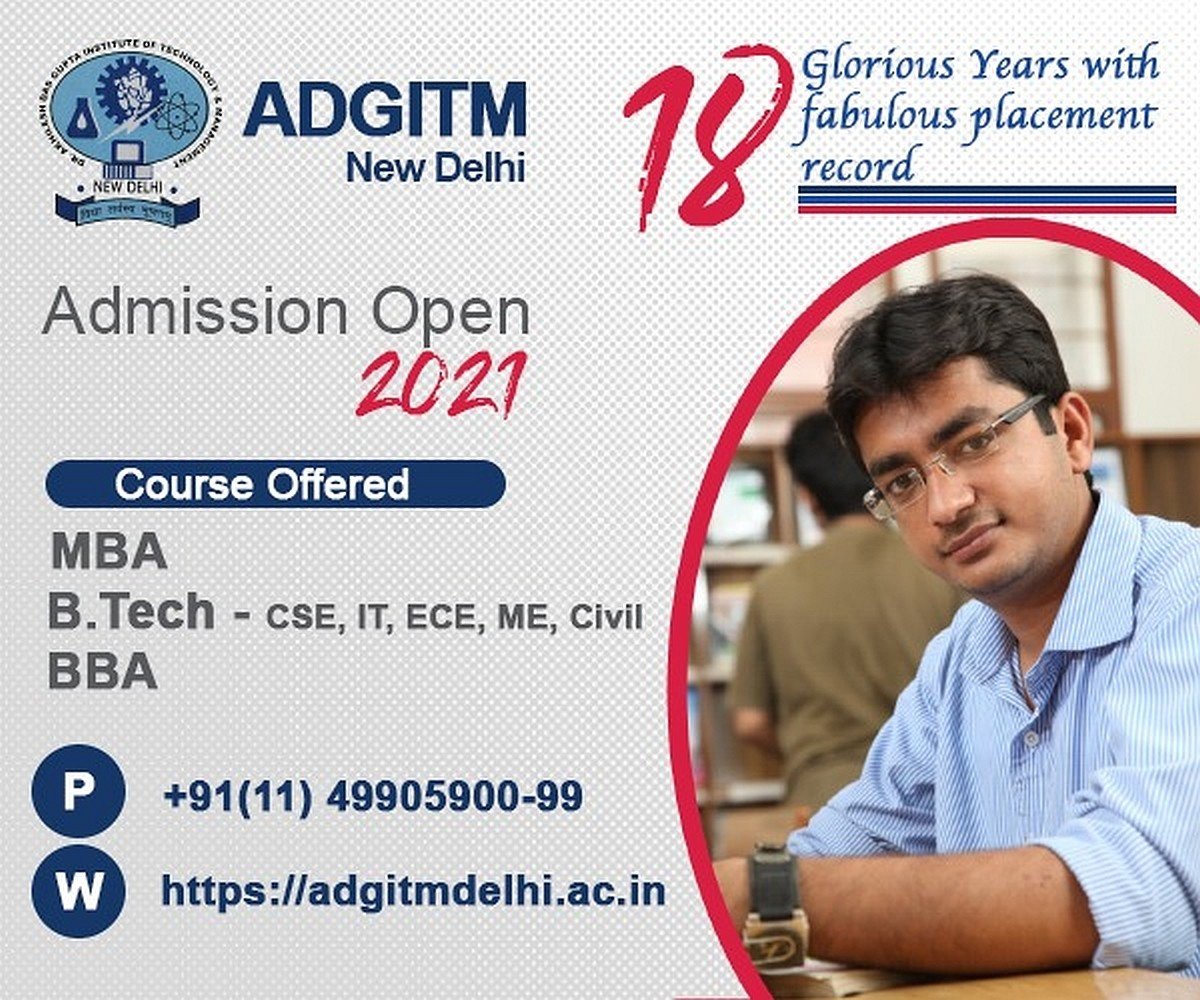The draft UGC (Minimum Standards of Instructions in the Award of UG and PG Degrees) Regulations 2024introduces transformative reforms in higher education. Aimed at addressing “traditional disciplinary rigidities,” the proposed changes include biannual admissions, interdisciplinary learning, multiple degree options, and revised eligibility criteria for undergraduate (UG) and postgraduate (PG) courses.
Released by the University Grants Commission (UGC) on Thursday, the draft regulations, once approved, will apply to central, state, private, and deemed universities across India.
Key Proposed Changes
- Interdisciplinary Admission Flexibility
Students can now opt for UG or PG programs outside their prior academic streams, provided they clear relevant entrance exams, such as the CUET. - Biannual Admissions
Institutions prepared for such a system can admit students twice a year, in July/August and January/February. - Multiple Entry and Exit Options
- Flexibility in completing degrees through multiple entry and exit points.
- Students can simultaneously pursue two UG or PG programs.
- Recognition of prior learning and continuous formative assessments will support this system.
- Flexible Stream and Discipline Choices
Students from any discipline in Class 12 or UG can seek admission to any UG or PG program, subject to entrance exam qualifications. - Revised Credit System for UG Degrees
- To earn a UG degree with a major in a specific discipline, students must complete at least 50% of total credits in that discipline.
- The remaining 50% credits can include skill-based courses, apprenticeships, or multidisciplinary subjects.
- UG programs will last three to four years, while PG programs will span one to two years.
- Accelerated and Extended Degree Programs (ADP & EDP)
- Applicable at the UG level, these programs allow students to complete their degree in a shorter or extended duration.
- Up to 10% of sanctioned intake can be reserved for ADP, with no cap for EDP.
- Curriculum and credit requirements remain unchanged, but the pace of completion varies.
- ADP/EDP options must be chosen within the first two semesters.
- Attendance Requirements
Institutions will set minimum attendance requirements in alignment with the multidisciplinary and holistic learning opportunities outlined in NEP 2020, subject to approval by statutory bodies. - Eligibility for Advanced Degrees
- Students completing a four-year UG degree (Hons./Hons. with Research) or equivalent degrees in relevant disciplines will be eligible for two-year PG programs, such as M.Tech. or ME.
UGC’s Vision
UGC Chairman M. Jagadesh Kumar highlighted that the regulations aim to modernize higher education in India. “These reforms ensure Indian higher education evolves to global standards while fostering inclusivity and flexibility,” he said.
The draft guidelines emphasize flexibility, inclusivity, and a multidisciplinary approach, paving the way for a dynamic and student-centric higher education system.




